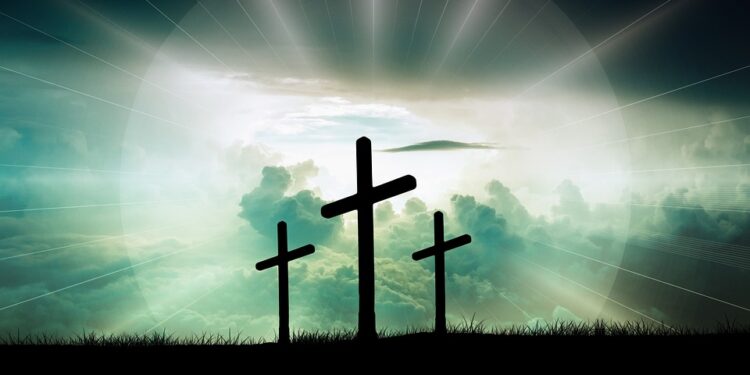The church has long been a central and important institution in the lives of many people. It is a place where individuals gather to worship and connect with their faith, and where communities come together to celebrate and support each other. The history and traditions of the church are rich and diverse, spanning centuries and cultures.
The history of the church can be traced back to the early days of Christianity. In the first century, Christians faced persecution and oppression, and the church was forced to meet in secret. Despite these challenges, the early church grew and spread, establishing communities and traditions that have continued to evolve over the centuries.
One of the most important aspects of church history is the emergence of different denominations and traditions within Christianity. From the Catholic Church to the Eastern Orthodox and Protestant churches, each denomination has its own unique history and traditions, shaped by the cultural and social contexts in which they developed.
Many traditions and practices that are still observed in churches today have their roots in the early days of Christianity. The sacraments, such as baptism and communion, have been central to the life of the church for centuries, serving as important rituals that connect believers to their faith and to each other. The liturgical calendar, which marks important events in the life of Jesus and the history of the church, also reflects the rich traditions of the church.
In addition to these foundational traditions, each denomination and local church has its own unique customs and practices. From the architecture and design of the church building to the style of worship and music, these traditions reflect the diversity and creativity of the church.
Exploring the history and traditions of the church can provide individuals with a deeper understanding of their faith and a greater appreciation for the rich tapestry of beliefs and practices that have shaped the church over time. It can also help to foster a sense of connection and identity within the community, as individuals come to understand the traditions that have been passed down to them.
In today’s rapidly changing world, the history and traditions of the church serve as a source of stability and continuity, reminding believers of the timeless and enduring nature of their faith. By exploring these traditions, individuals can find inspiration and guidance for their own spiritual journey, and gain a deeper appreciation for the role of the church in their lives and in the world.









Discussion about this post